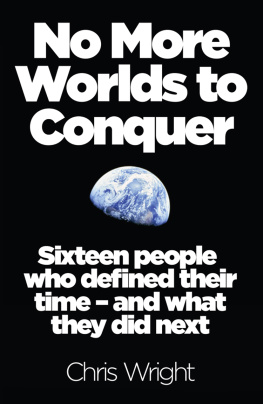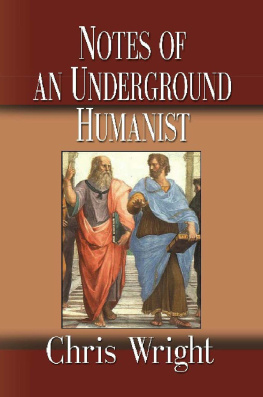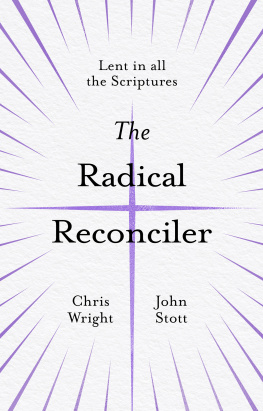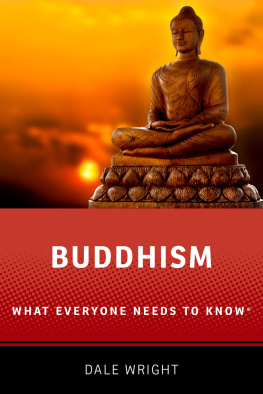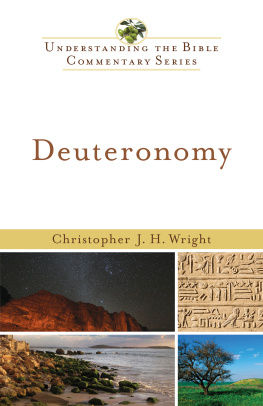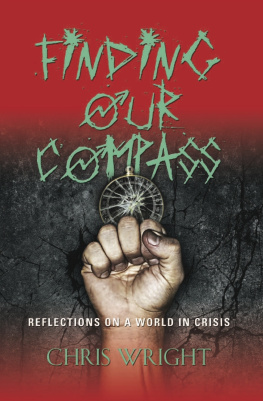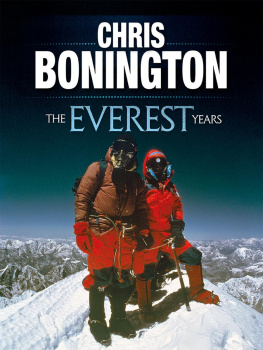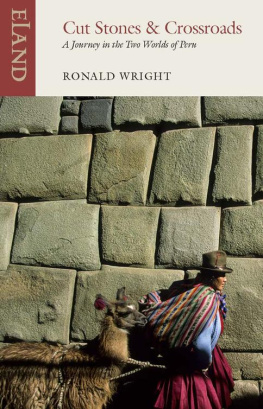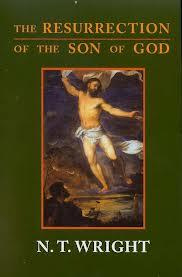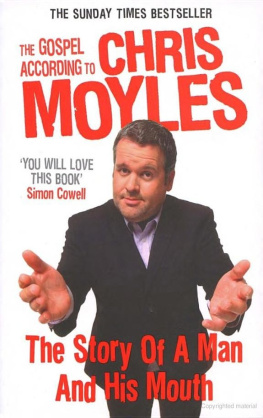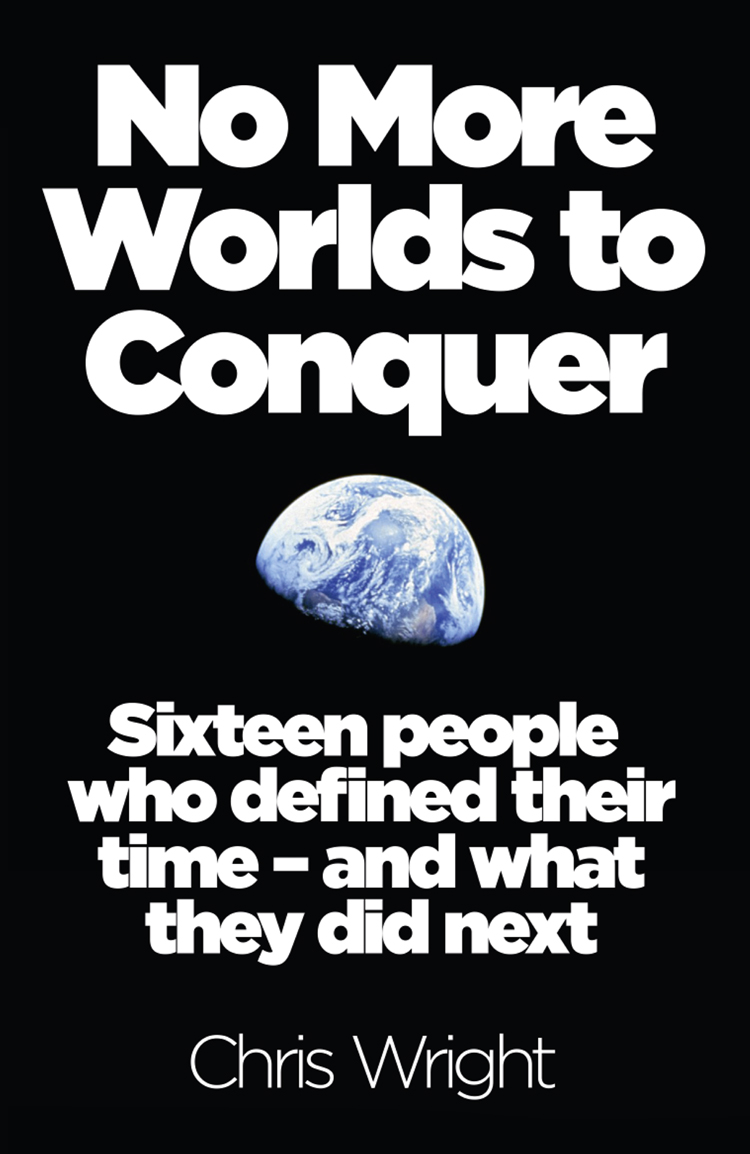It was in the town of Dora, Oregon, in a room lined with bookshelves with a combined length equal to that of the Bismarck and not by coincidence that the question first arose.
I had been interviewing Don Walsh, who at the time was the only man alive to have been to the deepest point in the worlds oceans, a feat he had accomplished fully fifty years earlier when he piloted a wonky steel-and-glue contraption called a bathyscaphe to Challenger Deep, on the floor of the Pacific Oceans Mariana Trench. For an hour he had been patiently narrating the story of the voyage to the bottom the very, very bottom, a place less frequently visited by man than the Moon. Though polite, he had told his story many times before, and his tone was automatic.
It was time to change the subject. What happened next, I asked? What was the next step in life after the voyage?
His face brightened and lightened. It lost five years in an instant. Well, he said, a lot of people think I died.
What Walsh did do next was anything but die. He commanded a submarine. He served in both the Korean and Vietnam wars. He gained three graduate degrees, worked in the Pentagon, founded the Institute for Marine and Coastal Studies at the University of Southern California with the rank of dean, and built a successful marine consultancy. He visited the Arctic and Antarctic so often over fifty times and did so much there that there is an Antarctic ridge, the Walsh Spur, named after him. He has dived in Russian Mir submersibles on the Titanic, Bismarck and the North Atlantic Ridge. He told me about these things with bracing enthusiasm, an hour and a half of detail. And he did so with such radiance because, by and large, nobody ever asks him about any of those things. For the rest of his life, all anyone will ever want to know about is the time that he went to the bottom of the sea in that funny little submersible.
We do odd things with biography. We might occasionally immerse ourselves in the detail of a famous persons life but, ultimately, we reduce them to a line, a statement, based on the most pivotal thing they ever did. The former prime minister. The Olympic medallist. The first man to the bottom of the sea.
But what happens when that biographical kernel, that top line of the Wikipedia entry, is set so young in life? Walsh was twenty-eight in January 1960 when he climbed into the Trieste, an ungainly, thick-walled steel spherical cabin suspended under a thin metal float filled with gasoline (it looked like an explosion in a boiler factory, he said), and sank through more than 7 miles of the Pacific Ocean into the Mariana Trench. There was a lot of life left to fill after that, and so he filled it, to an exemplary degree, and still does. But all that living will never change the single-line distillation of his life: the man who went to the bottom.
And Walsh was not alone. The period from the end of the Second World War through to the early 1970s was one of extraordinary exploration, bravery, vision and innovation in America. From Chuck Yeager breaking the sound barrier for the first time in 1947, through to the Mercury, Gemini and Apollo programmes culminating in six lunar landings from 1969 to 1972, this was an era in which anything seemed possible. It was a time demanding unambiguous heroes, their profiles uncontaminated by the investigation of their personal lives that would be expected today, and instead slavishly venerated by Life magazine and its peers. Tall poppies arent a problem in America, and they certainly werent then; there was no need to chop a hero down, and instead they were celebrated, necessary, a catalyst for pride and hope as the Cold War and Vietnam ushered in an unfamiliar era of suspicion and cynicism. The crew of Apollo 8, the first to leave Earth orbit, the first three people to see our world as a whole out of their window and to perceive it as an orb hanging in space, would be told upon their return that they had saved 1968, a rare hopeful promise in a year of assassinations, war and unrest.
Yeager, Walsh, Armstrong, Aldrin: a vital vitality.
Like Walsh, all these heroic figures were young. Yeager broke the sound barrier over the Muroc airfield in Southern California aged just twenty-four. The Apollo men had spent much longer in training, patiently waiting for their Moonshot, but still most were in their early thirties when they walked on the Moon. The popular imagination keeps them in a form of suspended animation, preserved in their moment of heroic deed.
But thats just not how life is. So what did they all do next? How did they find meaning in the rest of their lives when the defining event of each life had so obviously already taken place?
*
I am fascinated by these American adventurers, and I suspect Im not alone in that. Im forty-three now, a long way from being young, and yet the last men to set foot on the Moon on Apollo 17 did so before my first birthday. Like many of my generation, I look back on the achievements of that era, and in particular the Moon landings, with a sense of disbelief that so extraordinary a thing could have been achieved in a time when, to our modern eyes, everything whirring and hissing computers the size of rooms, stocky tin cars with no seat belts, carpets and curtains in nuclear-blast orange looked so utterly primitive. And that is part of the appeal: people using basic materials and technologies did extraordinary things, just to see if they could be done, and ideally tried to do them before some Russians did exactly the same thing. When Joe Kittinger skydived from 31 kilometres up in 1960 and set a record that would take fifty-two years to beat (and only then with his considerable assistance), he didnt do so in some extraordinary carbon-fibre spacecraft. He attached a gondola to a hot air balloon, waited until it cleared almost our entire atmosphere, and jumped out the side, hoping his hand wouldnt explode because there was a leak in his pressure suit.

